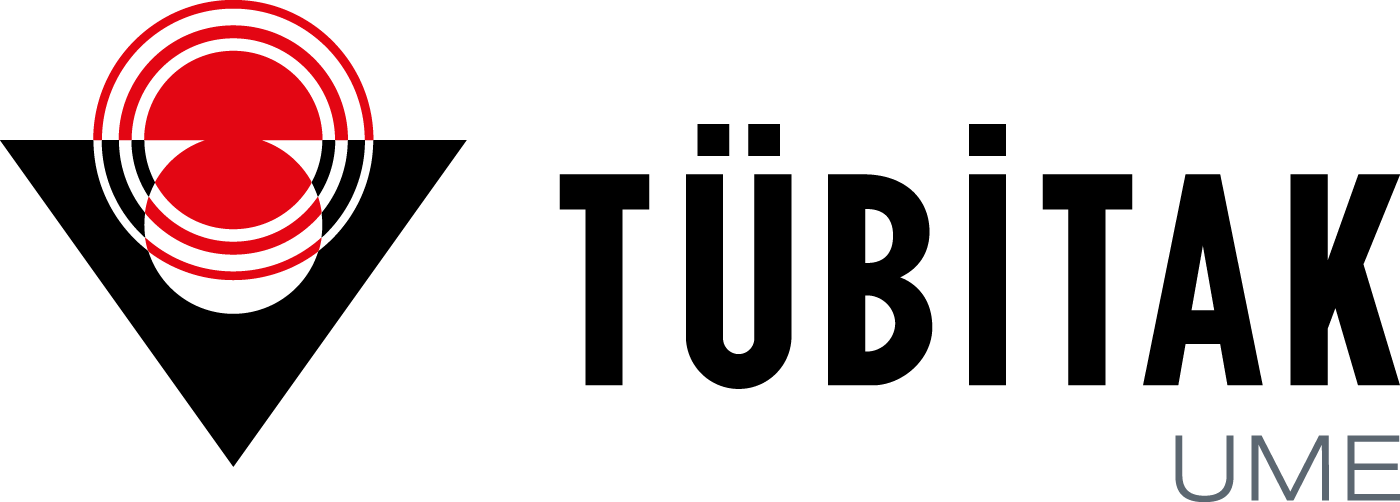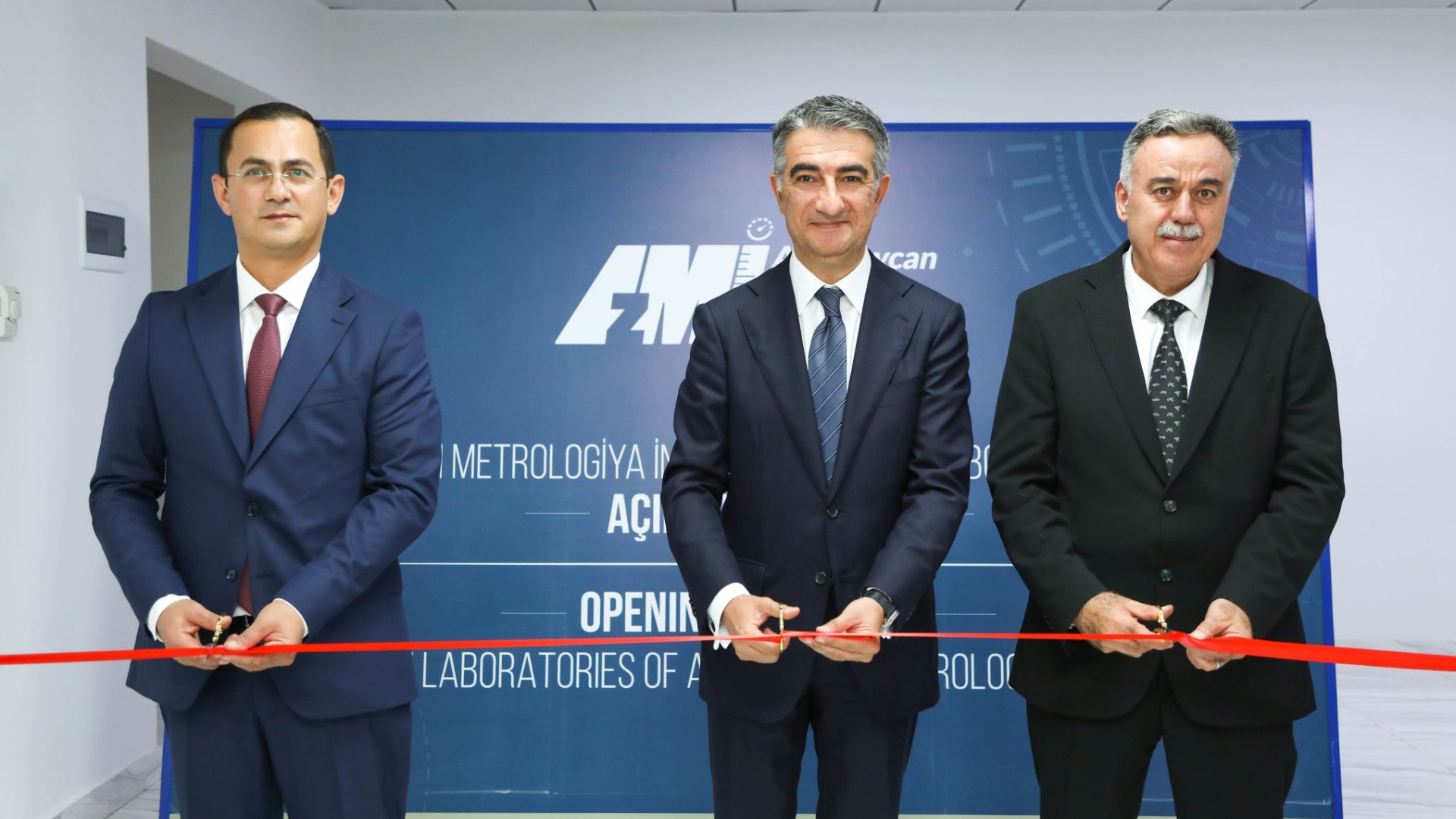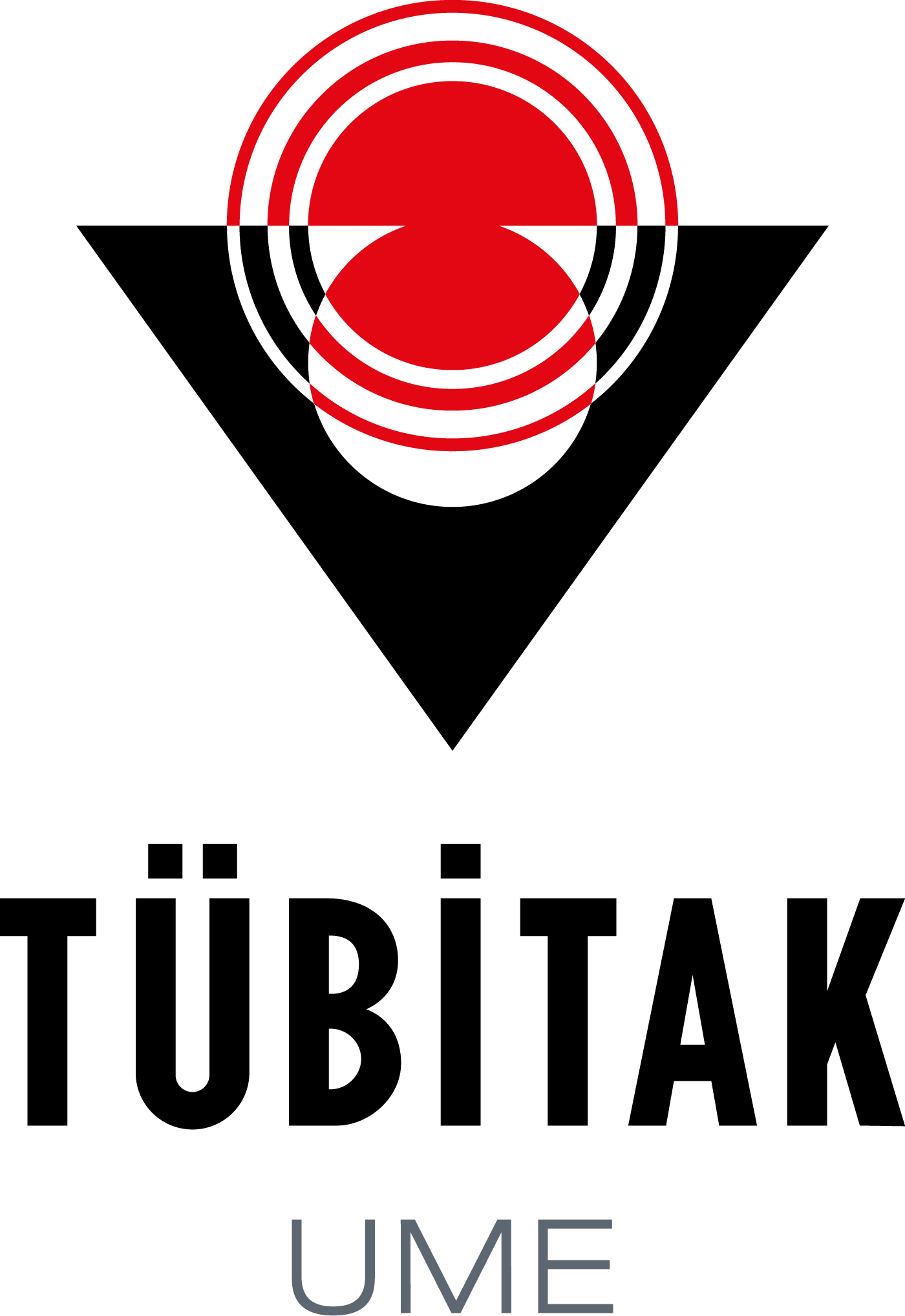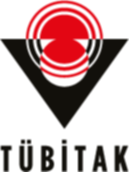TÜBİTAK UME Chemistry Group Laboratories produced its first certified reference materials and took its place among the world's leading metrology institutes that can produce Certified Reference Materials (SRM).
The reliability of chemical measurements in many areas, such as the detection of harmful elements in water or pesticide residues in meat consumed, is as important as physical measurements that determine the accuracy of the amount of fuel in vehicles or the amount of vegetables purchased from the market. . The quality of chemical measurements, which are carried out continuously in our country and in the world, is ensured by the measurement being accurate, reproducible and reliable on a national and international scale, independent of variables such as person, institution, device and method. The most important of the tools that can be used to ensure the quality and accuracy of chemical measurements performed by laboratories are common and easily accessible Certified Reference Materials (CRM).
Producing and certifying SRMs in line with the needs of the country's laboratories, making them available to both national and international laboratories and promoting them are among the main duties of TÜBİTAK National Metrology Institute (UME), one of the research institutions of our country. For this reason, TÜBİTAK UME also carries out the activities of producing SRMs in accordance with the relevant standards (ISO Guide 34), certifying the certified features by fulfilling the metrological measurement quality requirements and making them available to laboratories.
The first of the chemical reference materials produced by TÜBİTAK UME was the Chloramphenicol Primary Calibrant SRM offered for sale with the code UME CRM 1301. This SRM will be used as a calibrant and quality control material in the determination of the residue amount of chloramphenicol, an antibiotic that can be found in animal foods.
During the certification process, the purity of the material is certified in accordance with the ISO quality system through primary metrological measurements such as quantitative nuclear magnetic resonance and mass equivalence methods. With the introduction of this material to laboratories, measurements in this field in Turkey will become internationally reliable, traceable and comparable.
For more information:
On the Production and Certification of Reference Materials










